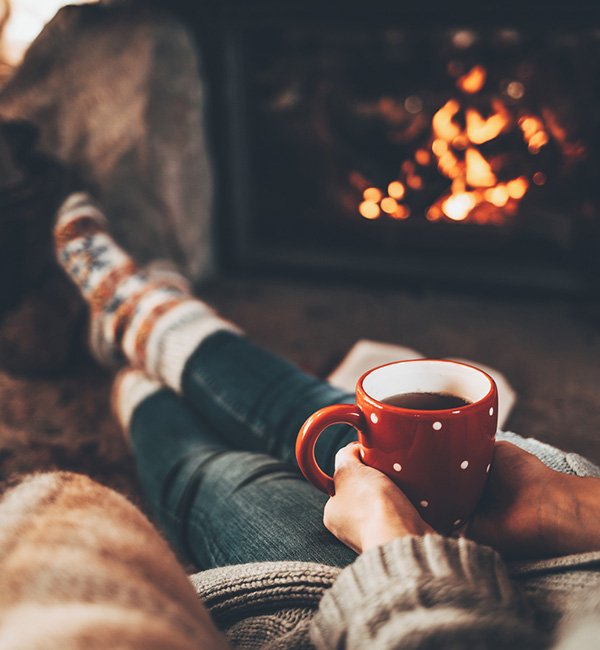Insurance best practice for winter months
De Wet De Villiers
With winter slowly weaving its way towards South African shores, we can soon expect early morning frost, icy breezes and chilly homes. Even though the country is known for its fairly pleasant weather, locals know that temperatures can still drop below freezing. And as winter’s bite sets in, we pull our heaters from storage, we take longer hot and leisurely showers and wrap our hands around cup-after-cup of hot beverage.
But what implications do the winter months have from an insurance perspective? Unfortunately, there is an increased risk of damage to your home from things such as electrical malfunctions or overloading, fire and burst water pipes.
Here are a few tips to help you avoid home and car insurance related risks during the cold winter months:
Fireplaces:
- If you have a fireplace in your home, ensure that the fire is completely extinguished before going out or retiring to bed.
- Place a grate in front of your fireplace to avoid sparks from flying and setting furniture, carpets or curtains alight.
Water:
- If you live in a region where temperatures drop below zero degrees Celsius, install lagging, or insulation, over your water pipes to prevent them from freezing and bursting.
- Geysers suffer more wear and tear during winter due to the vast temperature differences of water leaving and entering the tank. This causes expansion and contraction of the tank and its components, and can lead to metal fatigue. It is recommended that you turn down the thermostat to 60°C and fit a geyser blanket to help reduce heat loss. This will also help to reduce your geyser’s power consumption and therefore, your electricity bill.
Heating devices:
- Ensure that your heater is in good working condition, and that all its cords and other components are not damaged.
- Keep gas heaters away from curtains, furniture or other flammable objects, check it for leaks and ensure that all its components are undamaged.
- Do not leave electric blankets on during the day or unattended for long periods, as they can malfunction and cause a fire.
Home circuits and electricity:
- Overloading plugs and your electricity circuits can cause damage to the internal wiring of your home and appliances. Purchasing and installing surge protectors can help protect your devices, especially during load shedding.
Vehicles:
- Batteries tend to give more problems during winter because of the increased amps drawn by the starter to crank the cold engine. To avoid this, ensure that your battery is in a good working condition by having it inspected by a professional.
- Ensure that your tyres are in good condition and inflated to the correct pressure. Worn tyres are extremely dangerous in any condition, but on frosty, wet or icy roads the dangers are increased.
- If unavoidable and your vehicle is parked outside at night, ensure that you do not have a layer of frost on your windscreen before you start driving.
- Since the days are shorter and nights are longer, inspect your headlights to ensure that they are working properly.
Even though the cold weather will get a grip of South Africa, it doesn’t have to get a grip of your belongings. But, if it does, we are here to help!
You are welcome to contact any of our brokers at De Wet De Villiers Brokers for additional information or advice: 014 592 1077.


